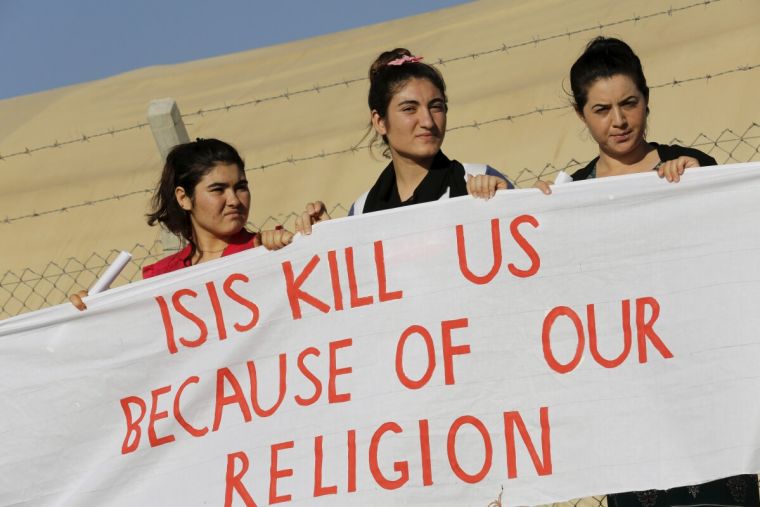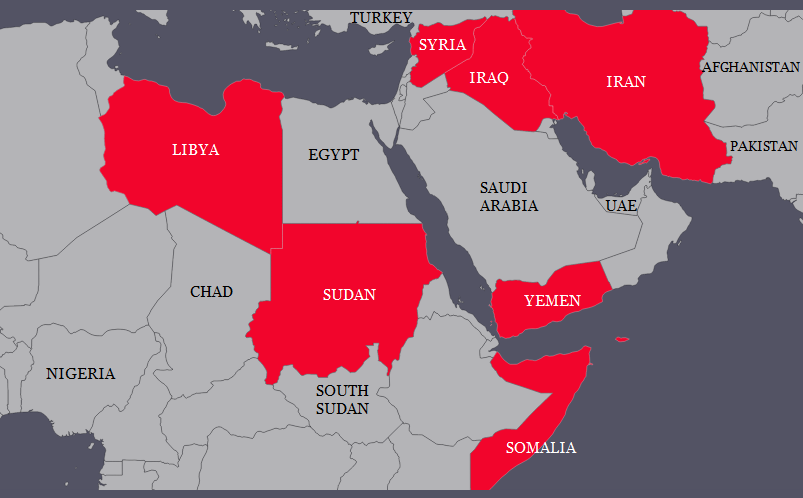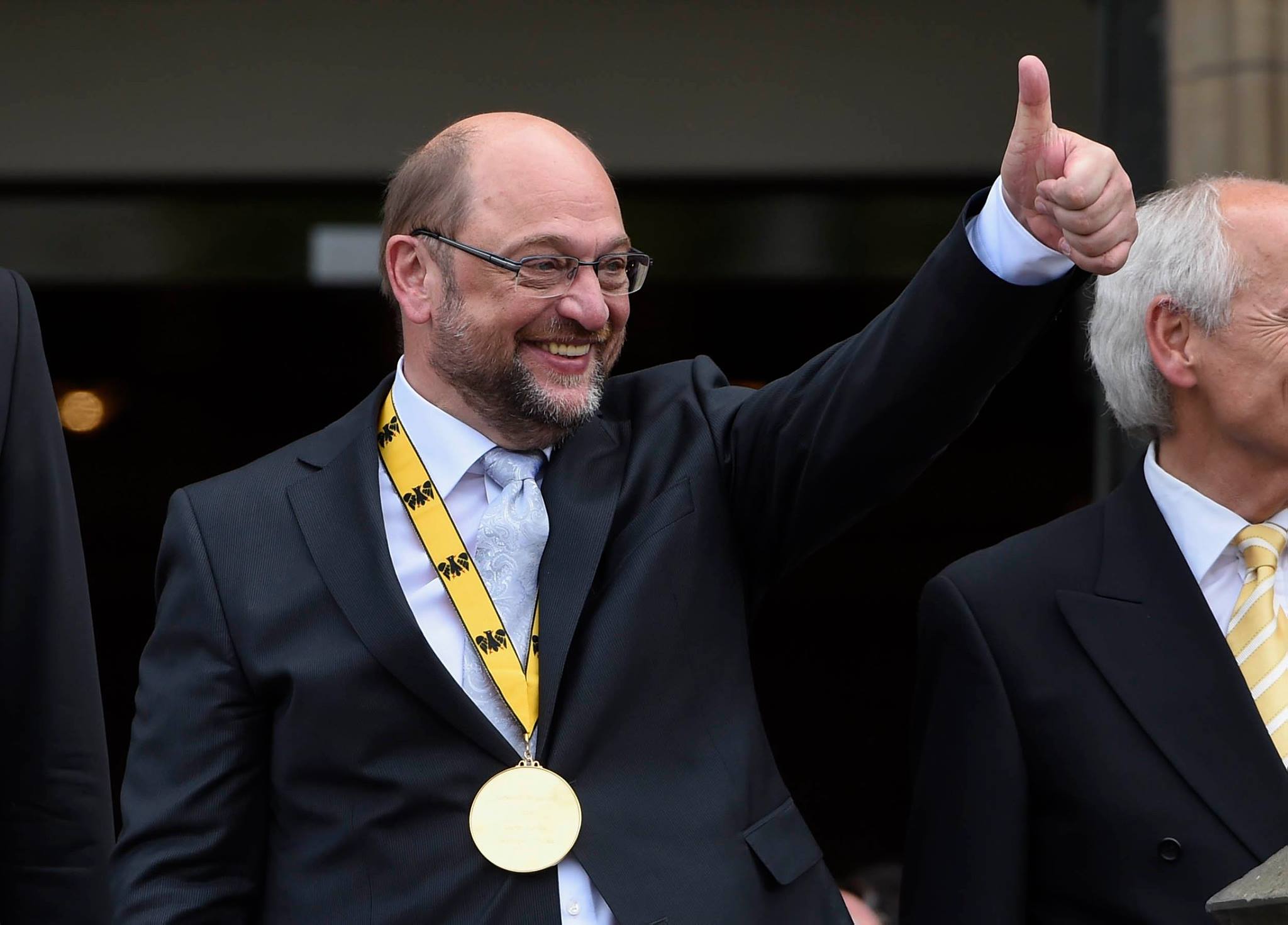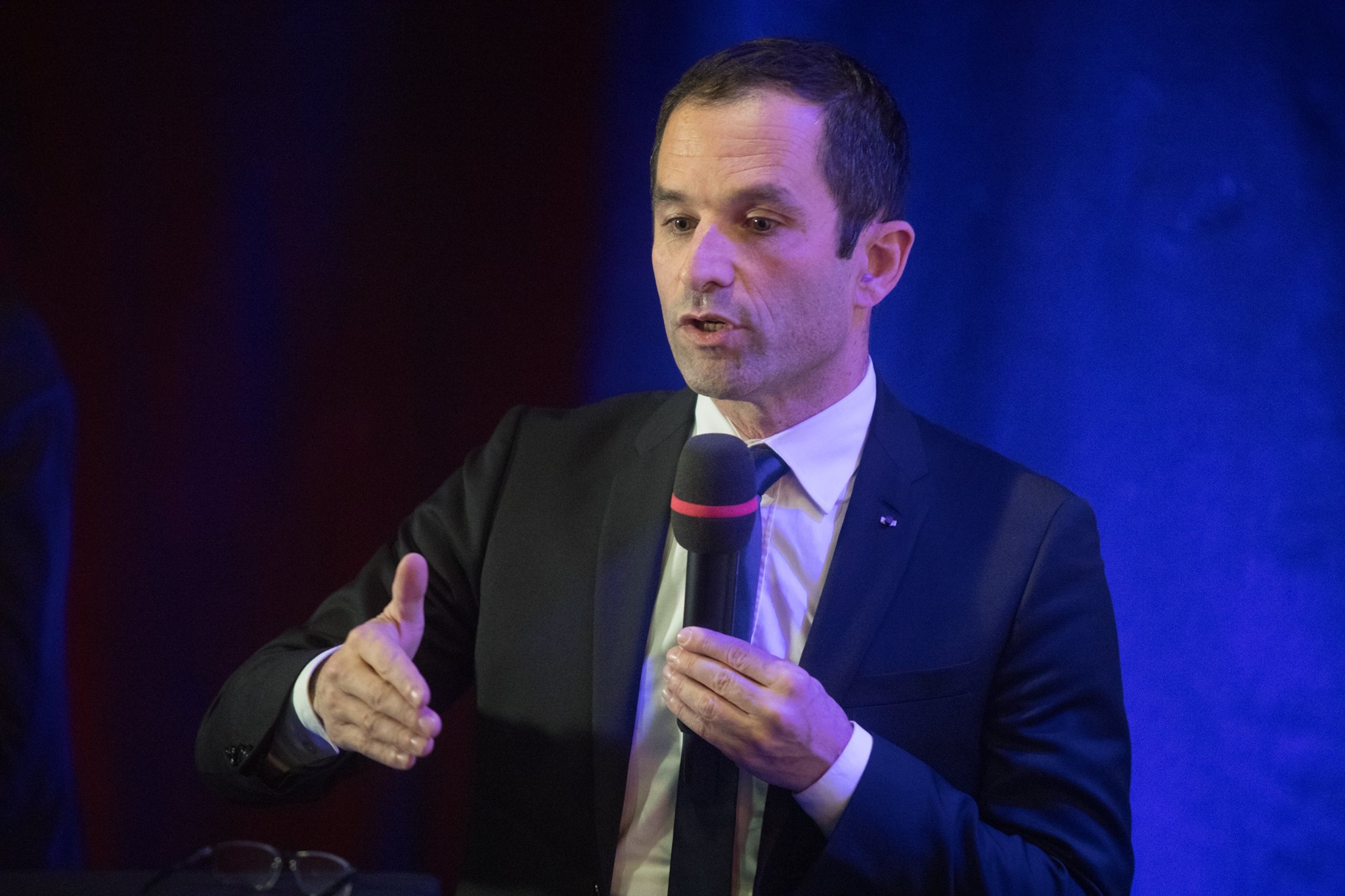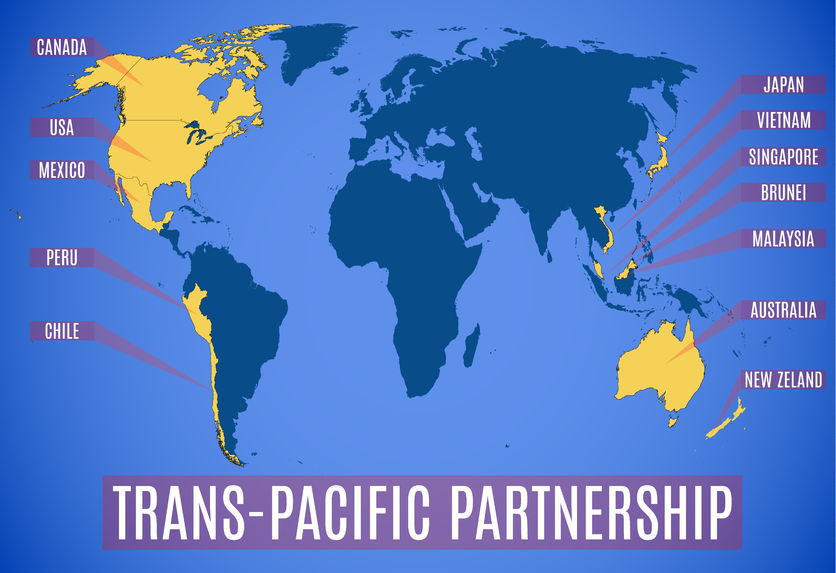
Last week was supposed to belong to Benoît Hamon.![]()
The former education minister, and more recently, rebel backbencher, clinched the nomination of the Parti socialiste (PS, Socialist Party) over one-time favorite, former prime minister Manuel Valls. He did so with a hearty serving of left-wing economic policies designed to drive the party’s base and recapture leftists voters who, according to polls, had abandoned the Socialists for the communist candidate, Jean-Luc Mélenchon.
Instead of a Hamon party coronation, French voters instead watches the wheels fall off the campaign of former prime minister François Fillon, previously the frontrunner to win the second-round runoff in May.
Not surprisingly, Fillon’s undoing is a corruption scandal, and it has left an already topsy-turvy presidential election even more uncertain. Fillon came from behind to defeat a former president (Nicolas Sarkozy) and a trusted and moderate former prime minister and former foreign minister (Alain Juppé) to win a surprise victory in the presidential primary for the center-right Les Républicains last November.
The mostly satirical and sometimes investigative Canard enchaîné last week reported that Fillon’s wife, Penelope, received over €500,000 from public funds for a job that she allegedly never performed when Fillon was a member of the French parliament and prime minister under Sarkozy from 2007 to 2012. Since that story broke, it’s been alleged that the amount totals something more like €900,000, and that Fillon paid additional amounts of around €84,000 to his children for equally cozy sinecures.
Penelope Fillon was born in Wales, and unlike some of the previous leading ladies of the Élysée, is quite averse to publicity, claiming as recently as last year that she preferred to stay at home at the Fillon country estate, decrying, as recently as last year, said she wasn’t involved at all in her husband’s professional or political life. After Sarkozy’s bling-bling presidency and whirlwind romance of singer Carla Bruni, and the odd dynamics among incumbent president François Hollande’s former consort Valérie Trierweiler, his former partner (and presidential candidate) Ségolène Royal and his various other romantic interests, Fillon’s reticence was just fine with French voters.
That is, until they found out that Penelope Fillon earned nearly a million euros in public funds for, apparently, very little work. It’s not great, as a candidate for the presidency, to defend nepotism, let alone the notion that your wife actually performed the work in question that merited such a cushy and reliable salary.
Fillon’s Thatcherite platform calls for eliminating a half-million public-sector jobs to cut wasteful spending. Moreover, he won the Republican nomination by contrasting his previously squeaky-clean record with that of the ethically challenged Sarkozy and with Juppé, whose most recent prominence came after a long period in the wilderness induced his own corruption conviction. So the charges against Fillon are just about fatal. It’s hard to imagine that he can survive the hypocrisy of his current position.
While Fillon has said that he will not drop out of the race unless French police formally open an investigation (presumably well after the election this spring), he may be forced out of the race from sheer embarrassment and collapse in support. As the scandal continues to unfold, the latest Kantar Sofres poll shows him at 22%, now falling behind the anti-immigration, anti-EU leader of the Front national (FN) Marine Le Pen (25%) and nearly tied with the independent centrist candidate Emmanuel Macron, a former Hollande minister (21%). Hamon, buoyed by his surprise Socialist nomination, drew 15% and Mélenchon drew 10%.
The fear for Republicans is that Fillon will be so damaged that he fails to make it to the May runoff (or falters against Le Pen in the runoff), but not so damaged that he must quit the race. A defiant Fillon in recent days has tried to hide behind his wife and railed against shadowy figures that he claims are trying to bring down his candidacy, and that he can provide proof that his wife’s work was legal and valid.
No one believes him.
French police raided parliamentary offices earlier this week, and investigators are closing in on the one-time frontrunner, whose odds of winning the election are plummeting.
Even if Fillon does drop out of the race, there’s no consensus Plan B among French conservatives. Juppé, the runner-up in the November nomination contest, would be the natural replacement. In fact, Juppé might even prove the more formidable candidate because he can bring more centrist voters to the Republicans than the socially and economically conservative Fillon. But he has ruled out stepping in as Fillon’s replacement. Though Juppé could change his mind, there are any number of potential candidates who could step in: Sarkozy himself, former ecology minister and Paris mayoral candidate Nathalie Kosciusko-Morizet or former agriculture minister Bruno Le Maire. No one knows.
So where does this leave the rest of the field?
It’s great news for Le Pen, who has struggled to win more than 25% of first-round voters, who can now rail against the hypocrisy and corruption of the political elite. Even if Fillon drops out and Republicans find a replacement, ‘Penelopegate’ is a gift to the hard right, and more conservative voters will now be giving the Front national a second look. Le Pen herself is under a cloud because of her refusal to reimburse the European Parliament for €300,000 in misused funds.
Most immediately, Fillon’s collapse will help Macron, another vaguely centrist independent, though none of Macron’s message of neoliberal reform, avowed defense of the European Union and immigration, his background as an investment banker nor his recent record as a top aide to Hollande and former industry minister in Hollande’s government seem to fit the current moment of populism and nationalism. Fillon also hopes to win over centrist voters who feel Hamon veers too far from the Socialist Party’s social democracy and too close to hard-left bona fide socialism.
Fillon’s collapse might also give another center-right figure, François Bayrou, an opening. Bayrou, who has run for president three times in the past and is something of a gadfly in French politics, still managed to win 18.5% of the vote in the 2007 election (against Sarkozy and Royal). Without a strong conservative in the race, Bayrou could still emerge as the sole moderate untainted by Hollande’s deeply unpopular Socialist government. Though he has downplayed the likelihood of a fourth run, Bayrou hasn’t completely shut the door, and Fillon’s collapse could give him the platform to reconsider.
